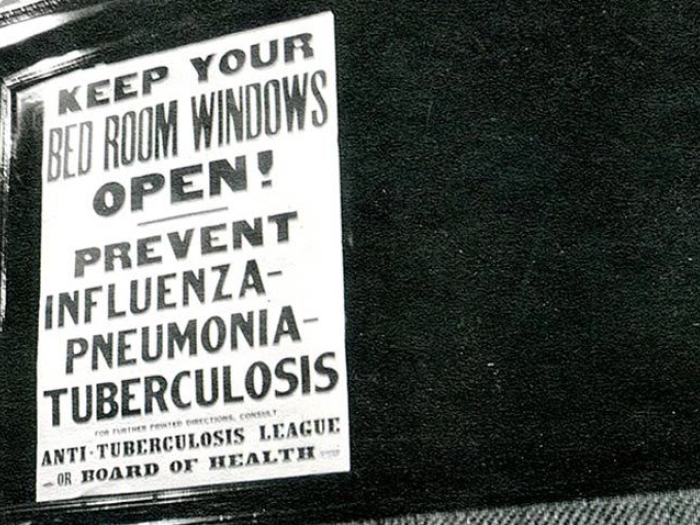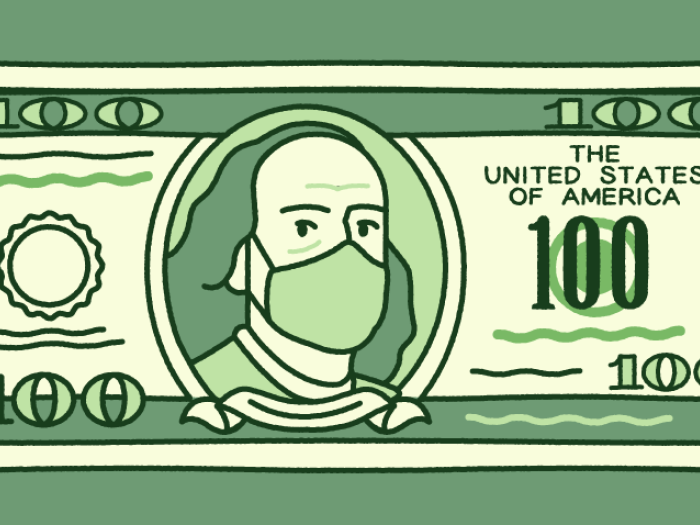As the impacts and shortfalls of the landmark piece of health policy become clearer, its future hangs in the balance, experts say.
1:58 PM
Author |
In late March 2020, the COVID-19 pandemic was climbing toward its first peak in the United States. Workers had started to lose their jobs and health insurance as a result. Candidates for president and Congressional seats staked out their health care positions in primaries.
Amid all this, a milestone in American health policy passed quietly: The Affordable Care Act turned 10 years old. Its future appeared to depend on a case that the Supreme Court had just agreed to hear in the fall.
Of course, the anniversary wasn't going completely unnoticed. A University of Michigan team, among others, had planned to hold a special anniversary event to discuss the ACA's impacts to date, and its potential future. But the pandemic shelved their plan for an in-person event.
Instead, they reconvened online on October 15, just weeks before the federal election and the scheduled court arguments.
Like Podcasts? Add the Michigan Medicine News Break on iTunes or anywhere you listen to podcasts.
Now, the stakes were higher. Confirmation hearings for a new Supreme Court justice were under way, more than 8 million Americans had caught COVID-19, millions had lost jobs and the start of Open Enrollment for individual health insurance plans made possible by the ACA was nigh.
The spirited discussion among four experts with a broad range of health policy experience is available to watch above. It was moderated by the directors of the two U-M centers that presented the event: the Institute for Healthcare Policy and Innovation and the Center for the History of Medicine.
They discussed what research has shown about the ACA's impacts on everything from insurance coverage and prescription drug costs to hospital care quality. This includes research on the effects of Medicaid expansion performed by members of IHPI. They noted the role of ACA programs in acting as a safety net during the pandemic, and named the shortfalls of the law as well as opportunities to improve it depending on the outcomes of the election and Supreme Court case.
The event's panelists included:
-
Jonathan Cohn, who has covered the vagaries of the ACA's passage, implementation and legal challenges first at the New Republic and for the past five years as a senior national correspondent at the Huffington Post. He's the author of a forthcoming book, The Ten Year War: Obamacare and the Unfinished Crusade for Universal Coverage.
-
John McDonough, a professor of public health practice at the Harvard T. H. Chan School of Public Health who has written extensively on health reform a. He helped lead efforts to pass and implement the Massachusetts health care reform law in 2006 under Governor Mitt Romney, as well as working with Senator Ted Kennedy and members of the Senate Committee on Health, Education, Labor and Pensions to develop and pass the Affordable Care Act.
-
Marianne Udow-Phillips, the founding executive director of the Center for Health and Research Transformation or CHRT. CHRT is an independent U-M based nonprofit impact organization that has produced many reports about the ACA's effects in the state. She is also a former executive at Blue Cross Blue Shield of Michigan and the former director of the state of Michigan's Department of Human Services.
-
Gail Wilensky, a health economist and senior fellow at Project Hope, an international health foundation that supports health workers worldwide, and also publishes the health policy journal Health Affairs. She served in the administration of President George H.W. Bush, including overseeing Medicare and Medicaid, and has served on boards and task forces focused on the health of active duty military personnel and dependents, and of veterans.
The event's moderators are Howard Markel, M.D., Ph.D., director of CHM, and John Z. Ayanian, M.D., M.P.P., director of IHPI.
In an interview on Michigan Radio that aired the day before the event, Ayanian and Markel reflected on the ACA's past, present and potential future.
MORE FROM THE LAB: Subscribe to our weekly newsletter
"It's the most important reform to our health care system since the creation of Medicare and Medicaid in 1965," said Ayanian. "With the ACA we've seen over 20 million Americans gain insurance coverage, mainly through the expansion of Medicaid as well as the creation of the ACA Marketplaces which provide subsidized private insurance to middle-income Americans and their families who don't have access to health insurance through their employers."
But, he says, "it very much depends on the results of this upcoming election what will come next if the Supreme Court were to overturn the Affordable Care Act."
Markel, who has studied health policy battles from decades past, notes that the question of the government's role in ensuring Americans have health insurance "has been a battle that has been argued and rejected or approved since Teddy Roosevelt was running as a third party candidate in 1912."
SEE ALSO: ACA Helped Make Health Insurance Access More Equal, But Racial and Ethnic Gaps Remain
Now, ten years after the enactment of the ACA, he says, what comes next "really does depend less on what the Supreme Court will do… and far more on how the election pans out on November 3rd."

Explore a variety of healthcare news & stories by visiting the Health Lab home page for more articles.

Department of Communication at Michigan Medicine
Want top health & research news weekly? Sign up for Health Lab’s newsletters today!





